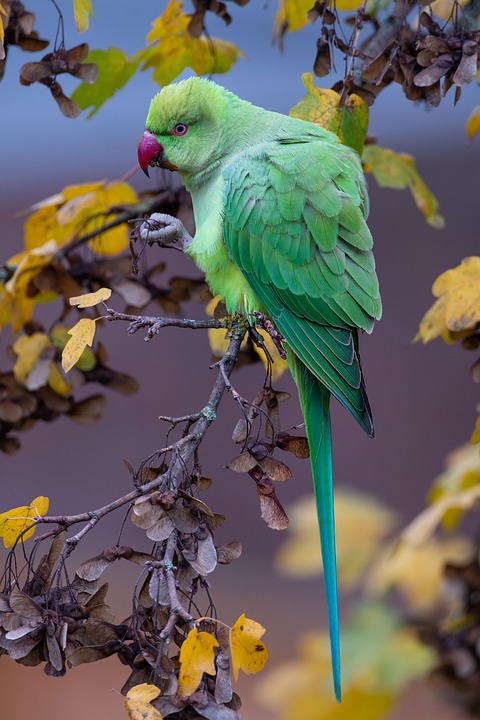Parrots are fascinating and intelligent creatures that make wonderful pets. However, understanding their behavior is essential for providing them with a happy and fulfilling life. One crucial aspect of parrot behavior is socialization. In this article, we will explore the significance of socialization for parrots and provide invaluable insights into their behavior.
Parrot socialization refers to the process of exposing parrots to a variety of experiences, people, and other animals in a positive and controlled manner. It is important for parrots to be well-socialized from an early age as it helps them develop appropriate behaviors, promotes mental stimulation, and prevents behavioral issues such as excessive screaming, biting, or self-destructive habits.
During the early stages of a parrot’s life, known as the critical period, socialization plays a vital role in their development. This period typically occurs between 4 and 14 weeks of age, during which parrots are more open to learning and forming bonds with humans and other animals. Positive experiences during this period are crucial for building trust and confidence in parrots.
Building trust and confidence in parrots involves exposing them to various stimuli and situations in a controlled and positive manner. This can include gentle handling, introducing them to different environments and objects, and providing them with opportunities for interactive play. Positive experiences during this time help parrots develop a sense of security and reduce the likelihood of fear or aggression later in life.
Socializing adult parrots may present some challenges, especially if they have had limited socialization experiences in the past. However, it is still possible to socialize older parrots with patience and consistent effort. Techniques such as positive reinforcement training, which involves rewarding desired behaviors with treats or praise, can be effective in teaching adult parrots new social skills.
Providing enrichment activities is another important aspect of socializing adult parrots. This can include offering toys, puzzles, and opportunities for mental and physical stimulation. Enrichment activities not only keep parrots entertained but also help prevent boredom and behavioral issues that may arise from lack of stimulation.
The impact of socialization on parrot behavior is significant. Well-socialized parrots exhibit reduced fear and anxiety, as they have learned to trust their human companions and feel secure in various environments. They also develop improved communication skills, using appropriate vocalizations and body language to express themselves. Additionally, proper socialization helps prevent behavioral issues such as aggression, as parrots learn how to interact positively with humans and other animals.
In conclusion, understanding and prioritizing parrot socialization is crucial for their well-being. By providing them with positive experiences, training, and social interactions, we can help parrots develop into well-adjusted and happy companions. Remember, patience, consistency, and a genuine love for these magnificent birds are key to building a strong bond and a harmonious relationship with your parrot.









